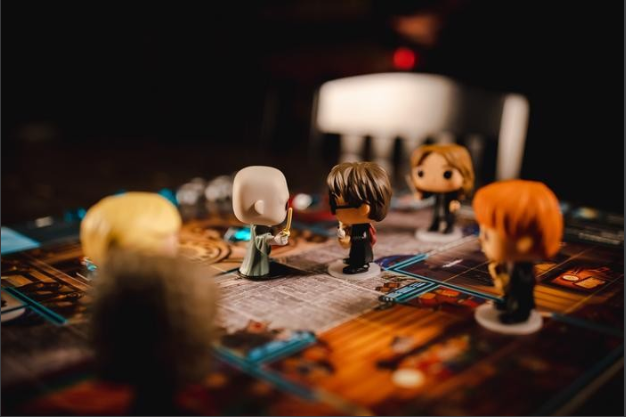Itch.io Faces Extended Downtime Thanks to Funko’s Overzealous AI
Indie game platform itch.io faced unexpected downtime on December 9 after a bizarre series of events involving toy giant Funko. According to a tweet by itch.io, the outage stemmed from “AI-powered” brand protection software owned by BrandShield, a company tasked with safeguarding Funko’s trademarks.
The software flagged a fan-made webpage on itch.io’s domain, labelling it as a phishing threat. This prompted domain registrar iwantmyname.com to disable itch.io’s domain, leaving gamers unable to access the beloved platform. Visitors to the site were instead greeted with the frustrating message: “This site can’t be reached.”
The offending page, which appeared to be a fan project dedicated to the Funko Fusion video game, has since been removed, along with the account of its creator.
What Went Wrong?
Itch.io founder Leaf Corcoran shed light on the debacle via Y Combinator’s Hacker News. He explained that BrandShield likely flagged the page due to its unauthorised use of Funko’s trademarks. Instead of issuing a typical DMCA or cease-and-desist notice, BrandShield reportedly filed reports with both itch.io’s hosting provider (Linode) and registrar (iwantmyname). These reports accused the page of “fraud and phishing,” leading to an automatic escalation.
Corcoran expressed frustration over the lack of communication, particularly with iwantmyname:
“We have no other abuse reports from iwantmyname other than this one. I’m assuming no one on their end ‘closed’ the ticket, so it went into an automatic system to disable the domain after some number of days.”
After receiving no response from iwantmyname’s support team, Corcoran took to social media, which ultimately sped up the resolution.
Funko Responds (Sort Of)
Funko quickly distanced itself from the incident, releasing a statement around 5:00 pm CST. The company clarified that the takedown originated from their brand protection partners—not Funko directly.
“Funko did not request a takedown of the @itchio platform, and we’re happy the site was back up by this morning.”
However, the statement curiously referred to the phishing report as a “takedown request,” suggesting some confusion about the technical specifics. Despite their mea culpa, Funko’s response hasn’t quelled criticism, especially among indie developers and gamers who felt the brand protection measures were unnecessarily heavy-handed.
Adding to the absurdity, Corcoran claimed that Funko—or a representative of their interests—went as far as contacting his mother about “accusatory statements” he made on social media.
The Bigger Picture
While itch.io is back online, the incident raises broader concerns about the use of AI in brand protection. Automated systems like BrandShield’s are designed to identify and address potential infringements swiftly, but they also risk overreach, as this case illustrates.
This isn’t the first time itch.io has made headlines recently. In October, reports emerged about the uncertain future of the .io domain due to ongoing legal disputes over the sovereignty of the Chagos Islands. Despite the uncertainty, itch.io continues to operate under its current domain.
The Fallout
For indie developers and gamers, this episode underscores the precarious balance between protecting intellectual property and supporting creative communities. While Funko’s statement aims to repair relations with the indie scene, the mishandling of this situation leaves lingering questions about the accountability of both AI-driven tools and the companies using them.
For now, itch.io is back, but the saga serves as a cautionary tale about the unintended consequences of automated enforcement systems.
Stay tuned as we keep an eye on any further fallout from this story.

